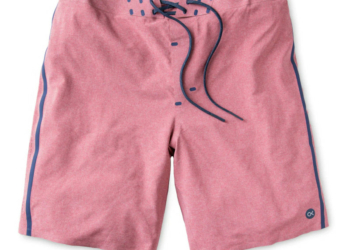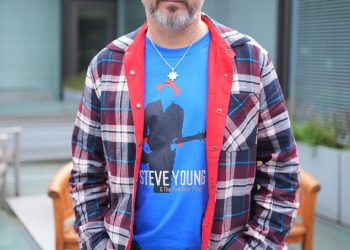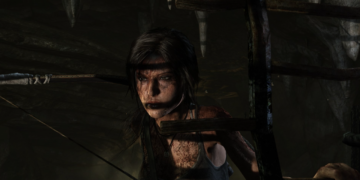
Credit: Unsplash/CC0 Public Domain
Researchers from HSE University have shown how the brain works differently depending on whether a subject is dealing with common (shared) or private natural resources. The ventral striatum—the so-called pleasure center—plays a significant role in this process. The study has been published by Social Cognitive and Affective Neuroscience.
In some parts of the ocean, commercial fish stocks have declined by 95%, yet private fish farms are not being depleted. Why is it that people can exhaust common natural resources without a second thought but are concerned about their private property? Researchers from HSE University and the University of Basel have worked to shed light on the brain mechanisms behind this paradoxical disregard for the public interest.
To answer this question, the researchers combined neurobiological, economic and cognitive modeling approaches. Using functional magnetic resonance imaging, they scanned the brains of 50 participants who were invited to play an economic game. The computer game simulated fishing in either a private pond or a public lake. The number of fish in the lake varied according to the size of the nets used by the player. Participants could sell the fish they caught in exchange for a real cash reward. The player also had to account for either the natural migration of fish (in the private pond) or fish being caught by other fishermen (in the public lake). The researchers wanted to find out how our brains react to a reduction in the number of fish in both the public and private spaces.
The scans showed that an abrupt reduction in the number of fish in the lake suppressed the activity of the ventral striatum, an area of the brain that is sometimes called the brain’s “pleasure center” due to its high content of the neurotransmitter dopamine.
Therefore, the reduction of a natural resource is an unpleasant event for the brain, and the activity of the pleasure center is severely suppressed. However, a more in-depth analysis showed that our brain’s pleasure center responds differently to reductions in private and public resources. When participants fished in their own lake, neuronal activity in the pleasure center was more likely to monitor the optimal number of fish in the lake, thereby preserving the fish population. Therefore, when the participants observed a sharp decrease in fish in their own lake during the experiment, they fished less. Conversely, when the participants were fishing in a public lake, the same area of their brain monitored quite different information—how many more fish their rivals were catching. If the participants saw fish disappearing in a public pond due to overfishing by their rivals, they fished even more actively, quickly depleting the entire resource.
“Brain activity indicates that it is the comparison of one’s income with the income of others—our envy—that intensifies the depletion of the public resource. In 1968, American ecologist Garrett Hardin described a typical Scottish farming community in which a public pasture was being destroyed by overuse. Every farmer benefited from having their cattle graze on public land as often as possible, as this increased his or her own income. Unfortunately, even today, people continue to harm such shared natural resources. Our results have shown that the way the brain works varies depending on whether we are dealing with shared or private natural resources. It is important to understand the subtle mechanisms behind people’s tendency to overexploit natural resources. This will perhaps enable us to think about measures to preserve them,” say the study authors.
Feeding both fish and pond yields more protein with lower quality feed
Mario Martinez-Saito et al, Mine or Ours? Neural Basis of the Exploitation of Common-Pool Resources, Social Cognitive and Affective Neuroscience (2022). DOI: 10.1093/scan/nsac008
Provided by
National Research University Higher School of Economics
Citation:
Mine or ours: The brain’s choice (2022, March 18)
retrieved 19 March 2022
from https://medicalxpress.com/news/2022-03-brain-choice.html
This document is subject to copyright. Apart from any fair dealing for the purpose of private study or research, no
part may be reproduced without the written permission. The content is provided for information purposes only.















